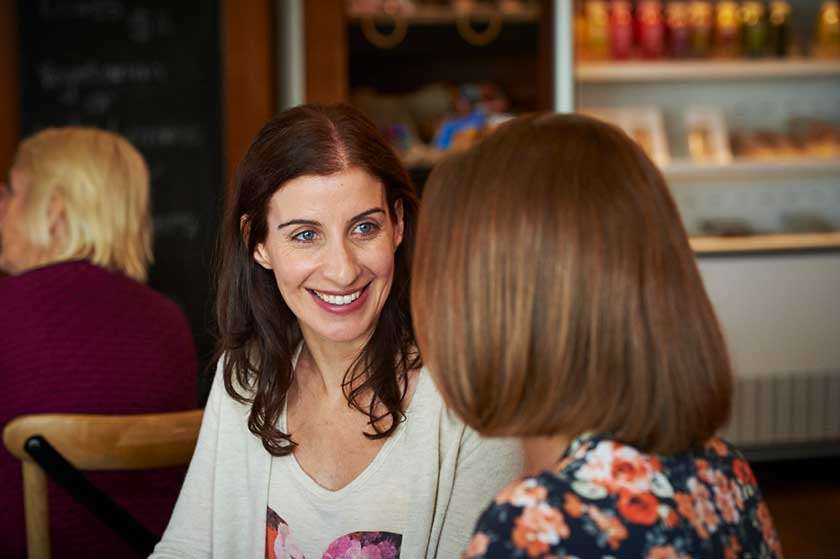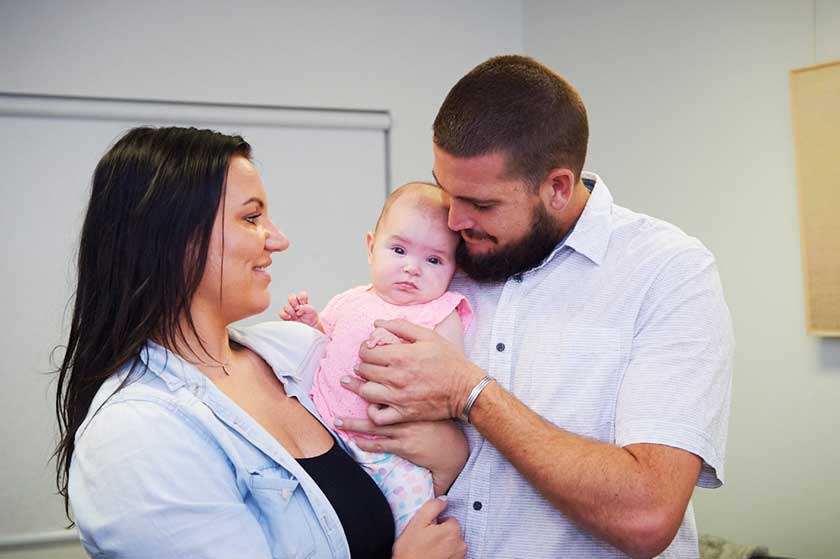Make time for you
Making time for yourself is important to help you rest and recharge. Try committing 15 minutes a day just for you. Use this time to do something you love, such as reading, music, meditation, craft or even just enjoying a moment of well-deserved silence.
Connect with others
We humans are social creatures who need to connect with others for our wellbeing. Spending time with other people can make you feel good, which can improve your mental health. Physical distancing has made it difficult for some of us to connect with our loved ones, so you might like to arrange a video chat or phone call to continue these important interactions.
Keep active
Exercise releases happy hormones, boosting your confidence, self-esteem and making you feel happier overall. Try and aim for 30 minutes of exercise a day to really feel the benefits.
Eat a balanced diet
Just like your body, your brain needs lot of good nutrients to help it function and stay healthy. Try to include lots of water, good fats, wholegrains, fruit and vegetables in your diet and limit the amount of sugar, alcohol, caffeine and junk food you eat.
Ask for help
None of us are superhuman. We all get tired, stressed and overwhelmed, which is why it is important to ask for help when we need it. It takes a strong person to speak up and say they’re struggling.
Talking with your friends or family can help. You can also reach out at anytime to your local GP or one of the following telephone support lines:
- Mental Health Emergency Response Line (1300 555 788)
- Lifeline (13 11 14)
- Beyond Blue (1300 224 636)








